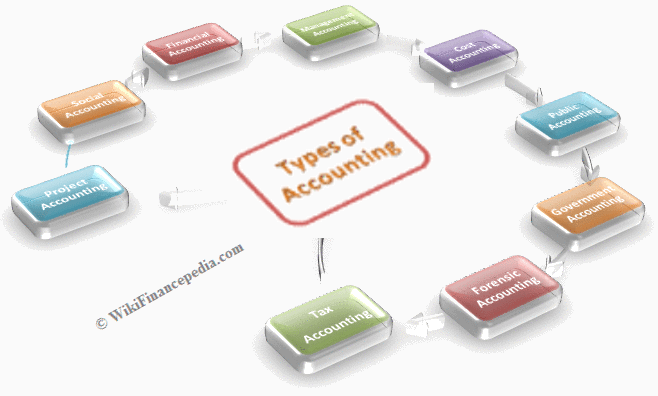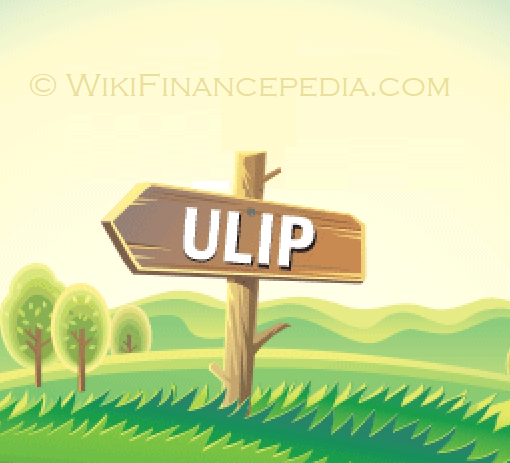A fundamental part of the insurance market, term insurance offers people and families a straightforward but crucial form of monetary security. This type of life insurance policy provides coverage for a predetermined amount of time, or the term. Such insurance does not increase in value over time like whole life and universal life insurance do. Rather, its main goal is to pay the policyholder’s beneficiaries a death benefit in the event that they pass away suddenly while the policy is still in effect.
This insurance policies provide an affordable means of offering financial stability to loved ones in the event of the policyholder’s passing. The insured selects specific terms, and these plans offer a predetermined level of coverage for a set period, usually between five and thirty years. For the term of the policy, the policyholder pays the insurance company regular premiums in exchange for this coverage.
Term Insurance Definition
A term insurance policy is a crucial tool for people and families to protect their financial security and provide them peace of mind by making sure that their loved ones are protected in the event of the policyholder’s passing. To ensure adequate security for the future and to make wise financial decisions, it is essential to comprehend the basics of term insurance policies.
Under this insurance, coverage is for a specified amount of time. The policy pays beneficiaries at face value and shields them from financial losses upon death. Moreover, the maximum duration for term insurance typically spans 35 years. Term life insurance emerges as the most commonly chosen policy among life insurance options.
It is very useful if you require life cover for limited duration and “premiums for Term Insurance are much cheaper” than any other type of life insurance. It is always recommendable to buy this policy between 27-32 years of age for 30-35 years of duration. Major disadvantage of this policy is that there are no benefits or sum assured upon survival after expiry of policy term.
Term Insurance Example
At the age of 29, Mr. David purchased a Term Insurance policy for 35 years with a sum assured of Rs.75,00,000/-. He died at the age of 60 years. The insurance company will pay beneficiaries Rs.75,00,000/- as the sum assured upon Mr. David’s death, as the policy is valid upon death.
Types of Term Insurance Policy
It provides policyholders with flexibility in coverage duration, allowing them to align their insurance needs with specific life events or financial obligations. Policyholders can customize term insurance to meet various requirements and situations, including covering future expenses such as college tuition, debt repayment, and replacing a dependent’s income.
Annual Renewable Insurance Plan
After one year, these term plans offer life cover that can be renewed at a higher premium rate without requiring any proof of insurability. There are some policies requires proof of insurability upon renewal.
Major disadvantage of annual renewable term insurance policy is that premium of the policy changes every year. In other words policy holder has to pay higher premium year after year upon renewal.
Level Insurance Plan
These types of term plans fix the premium for specified years, and subsequently, policyholders may renew the policy at a higher premium rate. As age increases, premium rates also increase for the term cover. It’s crucial to note that renewal is restricted up to a certain age or the maximum policy tenure, and it cannot extend for the entire life of the policyholder.
Level Term Insurance Example: Mr. Sachin at the age of 29 years has bought the level insurance plan for 25 years where maximum policy tenure is 35 years of age. In that case upon survival after 25 years, Mr. Sachin can renew policy for additional 10 years with new premium rates.
Return of Premium Insurance Plan
Under this plan, insurance company will return some of the premiums paid upon survival and expiry of the insurance plan. Premiums of this kind of policies are much higher when compared with normal term insurance policy.
When returning premium, insurance company will deduct fees or expenses occurred while holding policy. Under this policy plan, the insurer typically returns 70% to 80% of the premium amount. Additionally, this policy plan often ensures a significant portion of the premium is refundable, ranging from 70% to 80%.
Decreasing Insurance Plan
This insurance policy features changing premiums at specified levels, accompanied by a corresponding decrease in the death benefit over time. The premiums for this type of policy plan are lower because the likelihood of the policy expiring without benefits is higher. Home loan insurance merges with such types of policies. Additionally, it integrates various coverage options for homeowners.
Decreasing Term Insurance Example: when you purchase home loan from the bank. Bank may ask you to buy such kind of insurance policy along with the home loan to protect the loan against any uncertainties. Few of the banks have made mandatory along with home loan whereas some banks allows customer as an option.
Advantages or Benefits of Term Insurance Plans
- Term Insurance is one of the cheapest form of life insurance.
- This Insurance does not involve any investment plans or maturity schemes. It clearly says that it’s purely a death protection policy which makes this insurance simplest.
- Term insurance offers guaranteed lock-in rates from 1 to 35 years. Policyholder can purchase policy at affordable rate without change in premium price for lock-in years.
- With insurance you can flexibility to separate life insurance with your investments. It is highly recommendable not to club investment with insurance. Practise followed largely in the world is “Buy Term and invest differences separately”.
Disadvantages or Drawbacks of Term Insurance Plan
- After the guaranteed lock-in period, insurance companies increase premium rates. For instance, when a customer holds a 10-year level term policy, the premium rates undergo adjustment at the time of renewal.
- If you require insurance beyond the life expectancy rate then term insurance is not recommendable way to cover your life.
- This insurance usually doesn’t accrue any cash value upon maturity. Only policies with a return of premium will refund the premium paid as cash value. However, if you seek a substantial lump sum amount at maturity, term cover isn’t worth considering.
Exceptions of Term Insurance Policy
“Term Insurance” does not cover deaths due to following reasons:
Many people are not aware of this fact that despite of all this benefits there are few limitations. Term insurance does not cover death due to terrorist attack, war or natural calamities such as flood / earthquake. The insurance policies include this provision to shield the company from substantial claim settlements occurring at specific times. Occasionally, such claims are pursued on humanitarian grounds when the nominee approaches the Insurance Regulatory and Development Authority (IRDA).
Conclusion
As people progress through various life phases and financial responsibilities, they can adapt term cover to suit their changing needs. This versatile tool allows for adjustments, ensuring it remains aligned with evolving circumstances. Protecting dependents, fulfilling current commitments, or ensuring loved ones’ financial security
Term insurance contracts provide a basic yet essential form of financial protection. They act as the fundamental cornerstone of the life insurance industry. Individuals and families seeking coverage for a specific period of time favor sure insurance due to its affordability, simplicity, and flexibility. It offers a desirable substitute to permanent life insurance plans, which often come with complexities. Within the policy period, term insurance pays a specified death benefit if the insured passes away. This provision gives beneficiaries significant financial stability and peace of mind.
Read E-Learning Tutorial Courses - 100% Free for All
Basics of Insurance for Beginners
- Chapter 1: What is Insurance Policy and Types of Insurance
- Chapter 2: Fundamentals of Risk and Insurance
- Chapter 3: What is Health Insurance Policy and Types of Health Insurance
- Chapter 4: What is Disability Insurance Policy and Types of Disability Insurance
- Chapter 5: What is Life Insurance Policy and Types of Life Insurance
- Chapter 6: 4 Key Consideration Clause of a Life Insurance Policy
- Currently Reading: What is Term Insurance Policy and Types of Term Insurance
- Chapter 8: What is Auto Insurance Policy and Types of Auto Insurance
- Chapter 9: What is Home Insurance and Types of Home Insurance
- Chapter 10: What is Travel Insurance Policy and Travel Insurance Coverage
- Chapter 11: Other Different Types of Insurance Policies
- Chapter 12: Tutorial Quiz – Basics of Insurance for Beginners Module







